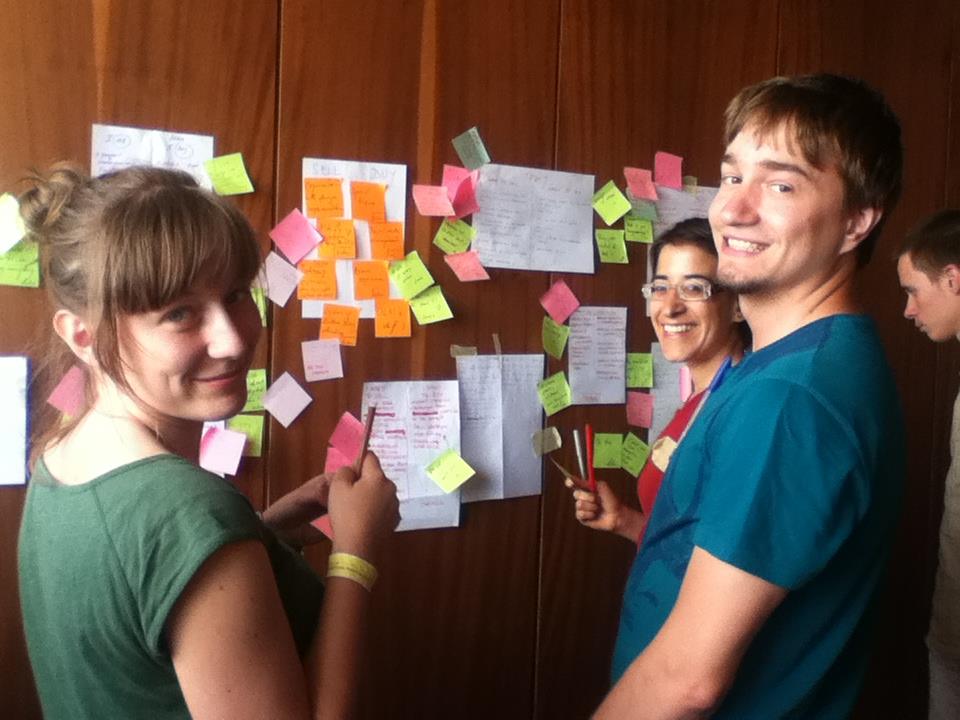L’Associazione Futuro Digitale è Partner del Progetto
“Online vs. Offline Learning: Users Friendly experience”
del Programma ERASMUS+
L’Associazione Futuro Digitale ha partecipato al progetto “Digital Tools Driving the Change”dell’Associazione Uşak Sağlık Çalışanları Derneği (Uşak Association of Health Care Professionals – USADER) (Turchia), che si è svolto dal 25 al 30 Giugno 2014 a Kosice in Slovacchia, con Carmina Tramite.
Alla partecipante è stato rilasciato il certificato “Youthpass” che descrive e convalida l’esperienza non formale e informale acquisita durante il progetto da allegare al proprio CV.
Paesi Partecipanti: Romania, France, Italy, Spain, Netherlands, Germany, Poland, Cyprus, Malta, Greece, Croatia, Lithuania, Iceland and Turkey.
Activities
Workshop is scheduled to take place in summer 2014 (June 25-30 including arrival and departure days) in the eastern part of Slovakia (near Košice). It will bring together young people who work in non-profit and youth organizations all around Europe in order to help them evaluate the quality and efficiency of the use of digital tools in their organizations. Focusing on the most common mistakes, participants will get a better perspective on what can and needs to be improved. The seminar will also provide practical help to be used in participants’ local organizations.
How to get involved?
This project has been prepared in cooperation with 11 non-profit organizations and informal groups of young people, who will each nominate one representative to take part in the training on their behalf.
The call will be opened for participants coming from one of the countries represented by project partners: Slovakia, Belgium, Hungary, Italy (Futuro Digitale, Malta, Romania, Greece, Spain, Turkey, Poland and the Czech Republic.
Object
The initial idea of the project was to create a space for various non-profits and non-profit youth workers and leaders across Europe to discuss and explore why their work is suffering from little effectiveness. Since financial resources for both educating employees (and volunteers) or hiring external consulting firms are very limited in most of non-profits, we decided to focus on further exploration of possible solutions that are realistic, low-budget and ‘at hand’ (accessible online).
The programme reflects the fact that non-profits often lack a good deal of professionalism, skills and their work is often time marked by too narrowed focus on performance, rather than impact they have on their beneficiaries. Since introducing them to different tools which should make their work more effective would very probably not bring the desired change, the change at the very grassroots level should happen by shifting the organisational behaviours and competencies of non-profit organization’s members and staff.
The programme comprise two sections – organisational and personal ‘health check’ – that take place in the first half of the course. After the specific gaps are identified, they will be addressed in the second half of the course. That is dedicated to broaden the reach to open digital tools and allowing them to recognise how specific tools can be used to make a difference in the everyday performance as well as in overall impact of one’s work.
Qui le foto del progetto

